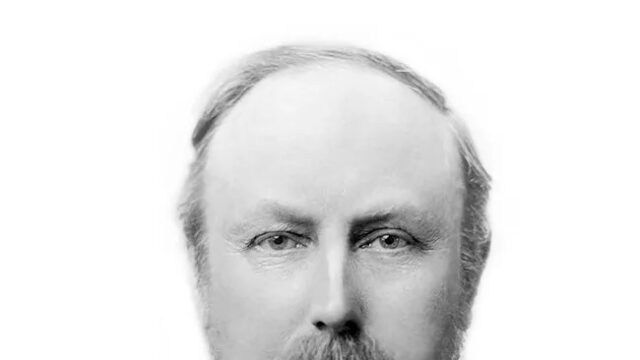Henry S. Salt Foundation
 For about a year (1979-1980) I lived in Brighton between the two periods of time when I worked for the British Union for the Abolition of Vivisection in London as their office assistant (1978 to 1979) and campaigns organiser (1981 to 1986). I loved my time in Brighton and wrote fondly about living there in my book, Growl: Life Lessons, Hard Truths, and Bold Strategies from an Animal Advocate with a Foreword by Brian May (Lantern Books, 2014).
For about a year (1979-1980) I lived in Brighton between the two periods of time when I worked for the British Union for the Abolition of Vivisection in London as their office assistant (1978 to 1979) and campaigns organiser (1981 to 1986). I loved my time in Brighton and wrote fondly about living there in my book, Growl: Life Lessons, Hard Truths, and Bold Strategies from an Animal Advocate with a Foreword by Brian May (Lantern Books, 2014).
But what I know now but kick myself for not knowing then is that Catherine Mandeville also lived in Brighton at the same time. Better known as Catherine Salt (1891–1984) she was Henry Salt’s second wife. His first wife, Catherine Leigh Joynes, died in 1919.
I’m not even sure I was aware of Henry Salt’s existence at this time when I lived in Brighton but he went on to become a hero of mine. I discovered Salt as the author of the landmark book, Animals’ Rights, Considered in Relation to Social Progress, published in 1892. This book influenced and informed my animal rights thinking. For example, he wrote:
If “rights” exist at all—and both feeling and usage indubitably prove that they do exist—they cannot be consistently awarded to men and denied to animals, since the same sense of justice and compassion apply in both cases.
 This book led me to discover and collect other titles of his, including two biographies Seventy Years Among Savages (1921) and Company I Have Kept (1930). He was born in India, and educated at Eton where he returned to teach, but went on to reject such “upper levels” of society to form the Humanitarian League in 1891, which campaigned for vegetarianism and animal rights and for various social reforms.
This book led me to discover and collect other titles of his, including two biographies Seventy Years Among Savages (1921) and Company I Have Kept (1930). He was born in India, and educated at Eton where he returned to teach, but went on to reject such “upper levels” of society to form the Humanitarian League in 1891, which campaigned for vegetarianism and animal rights and for various social reforms.
In the obituary he wrote about himself to be read out at his service, he declared
When I say I shall die, as I have lived, rationalist, socialist, pacifist, and humanitarian, I must make my meaning clear. I wholly disbelieve in the present established religion; but I have a very firm religious faith of my own—a Creed of Kinship I call it—a belief that in years yet to come there will be a recognition of brotherhood between man and man, nation and nation, human and subhuman, which will transform a state of semi-savagery, as we have it, into one of civilisation, when there will be no such barbarity of warfare, or the robbery of the poor by the rich, or the ill-usage of the lower animals by mankind.

Catherine Salt (1891–1984)
How wonderful it would have been to have met Catherine Salt when we both lived in Brighton. Today, I would leap at the chance and want to record our conversations. Just think of the anecdotes and recollections and memories Catherine would have to share.
It is with this in mind that I kindly accepted the generous offer to become a Patron of the Henry S. Salt Foundation. Its primary activity is a website, an extensive online collection, dedicated to preserving Salt’s writings and promoting his ideas and those of the Humanitarian League.
I fear I will now go to my grave saying How can we know where we want to be if we don’t understand where we came from? Sadly, Salt is a largely unknown figure among contemporary animal advocates. Please take a moment to visit the Henry S. Salt Foundation website to learn about the ideas and actions of a pioneering campaigner and his circle of friends.
How fortunate it is that the Salt Foundation has a link on its website to a BBC Radio broadcast on Henry Salt, which includes an interview with Catherine Salt. How wonderful to listen to her talk about her husband, Henry Henry Stephens Salt (1851-1939).











